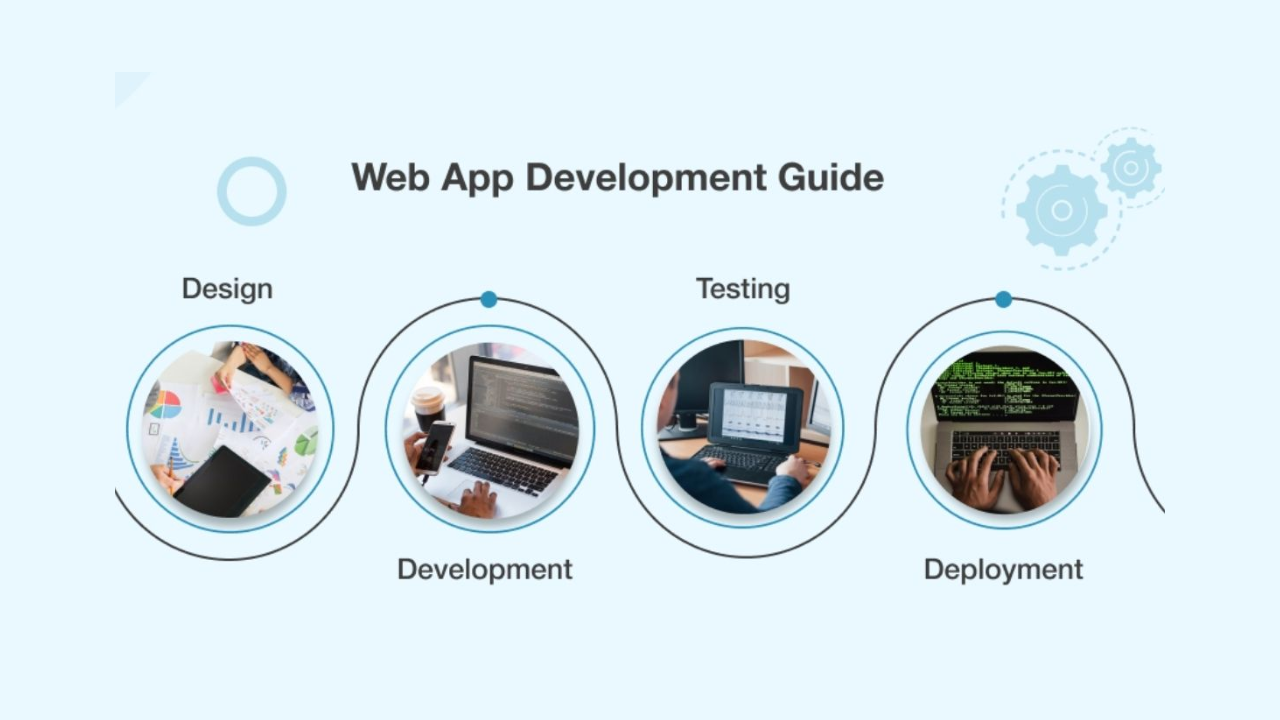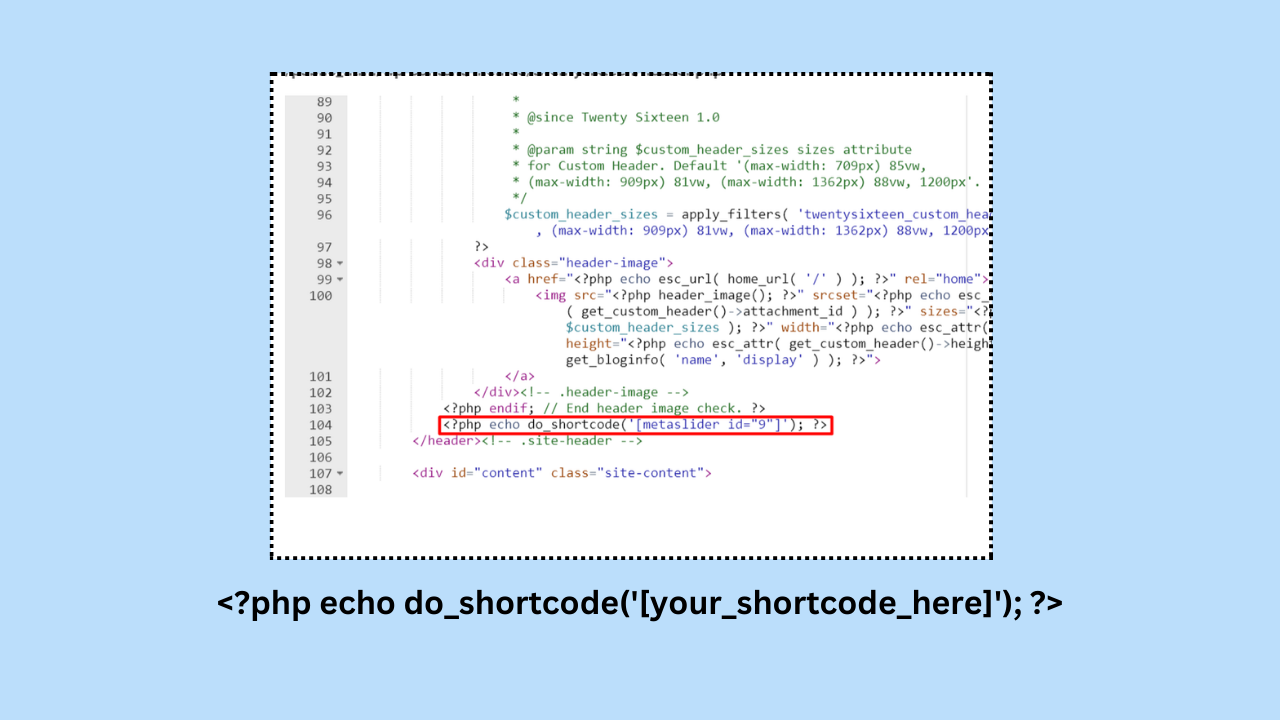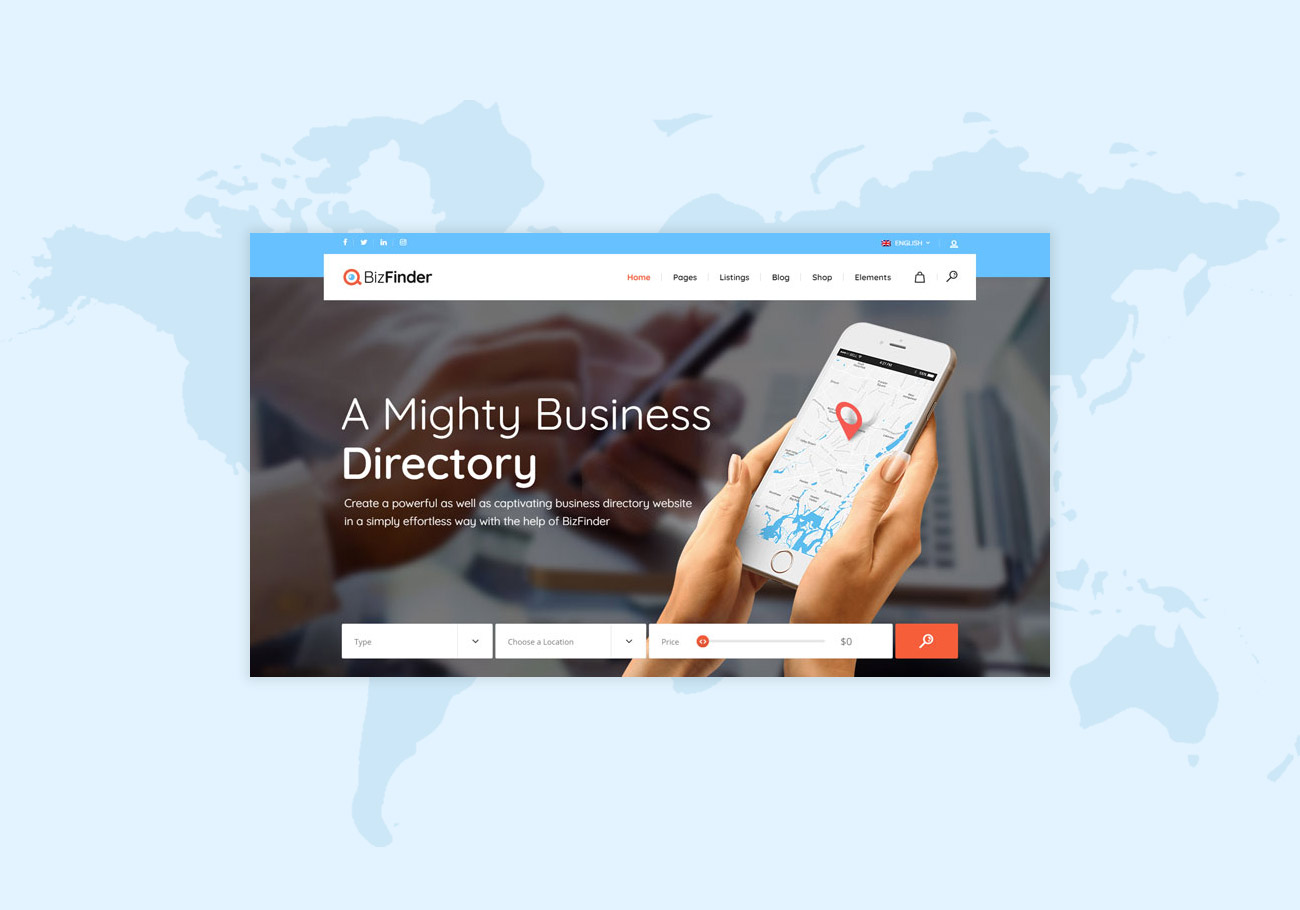The future of AI in digital marketing holds significant promise, as AI technologies continue to evolve and shape the industry. Here are some key trends and predictions for the future of AI in digital marketing:
- Personalization: AI will play an even more significant role in personalizing content and experiences for users. Marketers will leverage AI to analyze user behavior and preferences, delivering tailored content and product recommendations.
- Chatbots and Conversational Marketing: Chatbots powered by AI will become increasingly sophisticated, enabling businesses to engage with customers in real-time, answer inquiries, and even complete transactions.
- Content Creation: AI-driven content generation tools will become more advanced, helping marketers generate blog posts, social media content, and product descriptions quickly and efficiently.
- Voice Search Optimization: As voice search continues to grow, AI will help businesses optimize their content for voice search queries, enhancing SEO strategies.
- Predictive Analytics: AI will enable more accurate predictive analytics, helping marketers anticipate customer needs and behaviors, and make data-driven decisions.
- A/B Testing and Optimization: AI will automate and optimize A/B testing processes, making it easier for marketers to determine which strategies and content perform best.
- Programmatic Advertising: AI-powered programmatic advertising will continue to grow, allowing for more precise targeting and real-time bidding to deliver relevant ads to the right audience.
- Visual and Video Recognition: AI will be used to analyze and tag visual content, making it easier for marketers to search, categorize, and leverage images and videos for marketing campaigns.
- Sentiment Analysis: AI will help businesses gauge sentiment and analyze social media conversations, enabling brands to respond to customer feedback and trends effectively.
- Enhanced Customer Support: AI-driven customer support systems will offer more accurate and efficient assistance through chatbots, reducing response times and improving customer satisfaction.
- Blockchain for Transparency: AI and blockchain will work together to ensure transparency in digital marketing, verifying ad impressions, combating ad fraud, and ensuring data privacy.
- Ethical AI: As concerns over data privacy and ethics in AI grow, marketers will need to prioritize responsible AI usage and comply with evolving regulations.
- Integration of AI and IoT: The integration of AI and the Internet of Things (IoT) will offer marketers new ways to gather and leverage data from connected devices.
- AI in Email Marketing: AI will enhance email marketing by improving segmentation, personalization, and timing for email campaigns.
- Augmented Reality (AR) and Virtual Reality (VR): AI-powered AR and VR applications will enhance immersive experiences in digital marketing, particularly for e-commerce and product visualization.
- AI for Content Curation: AI algorithms will assist in content curation, helping marketers discover and share relevant content with their audience.
AI will continue to play a pivotal role in shaping the future of digital marketing, offering marketers powerful tools to enhance customer experiences, improve efficiency, and gain deeper insights into their target audience. As the technology continues to evolve, businesses that adapt to these trends will have a competitive advantage in the digital marketing landscape.










